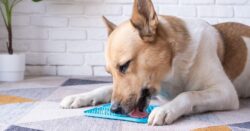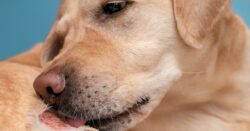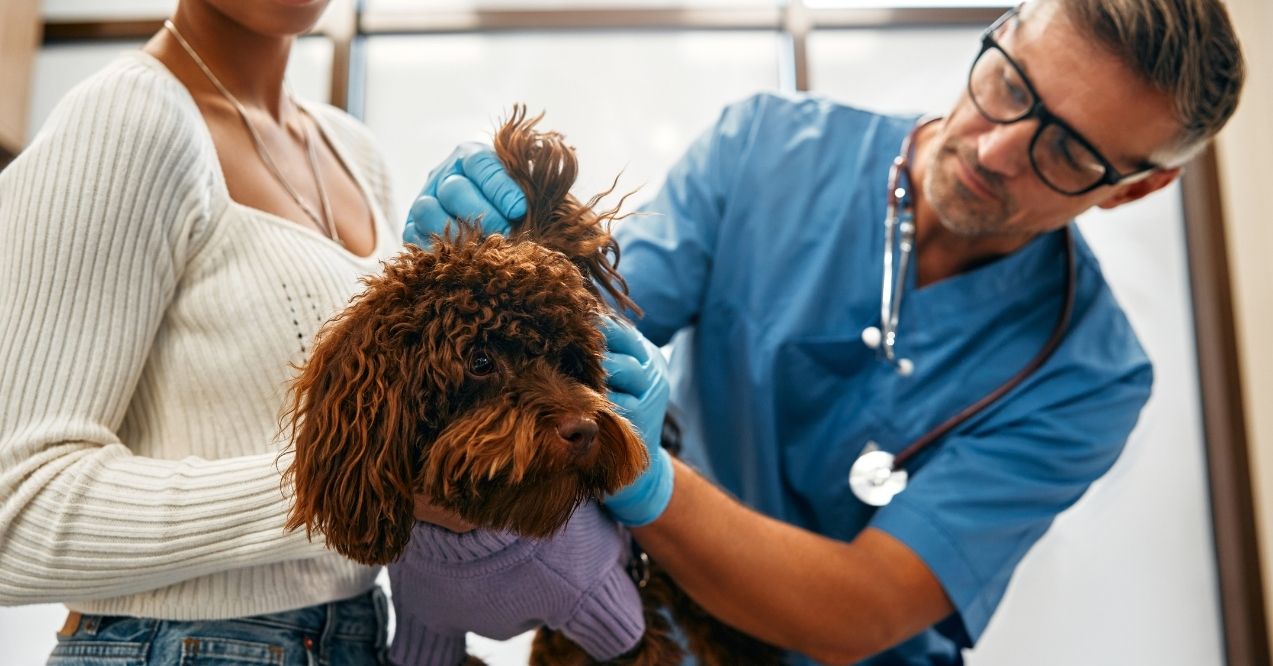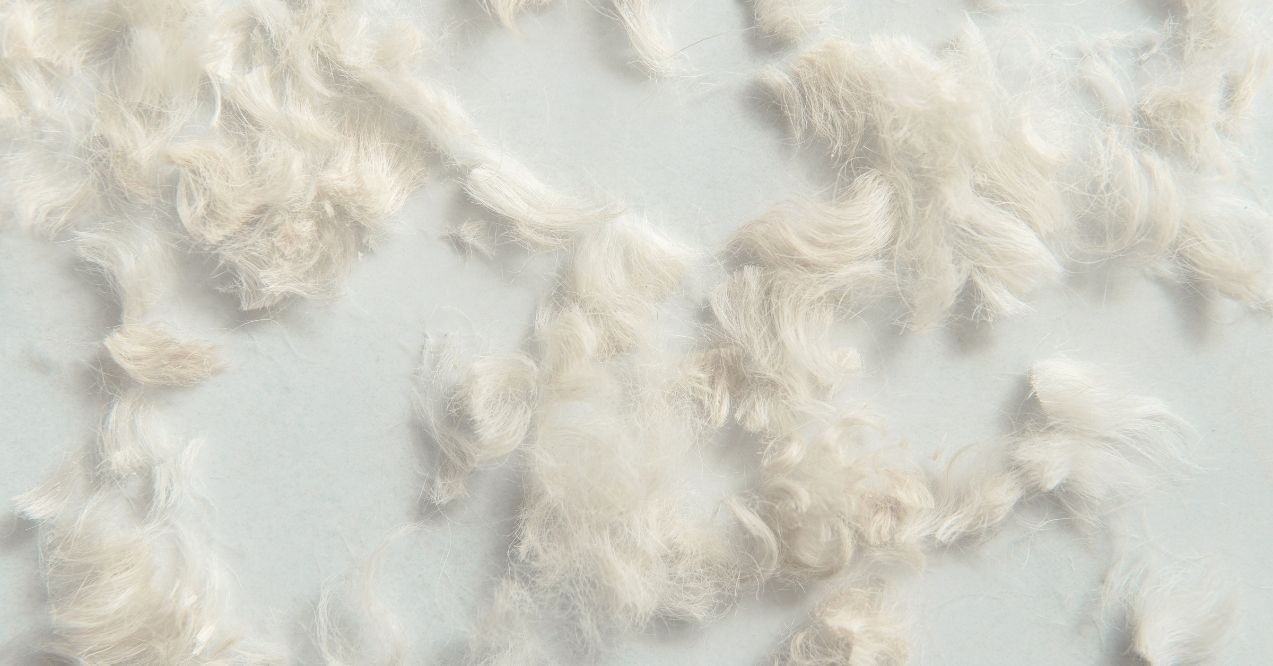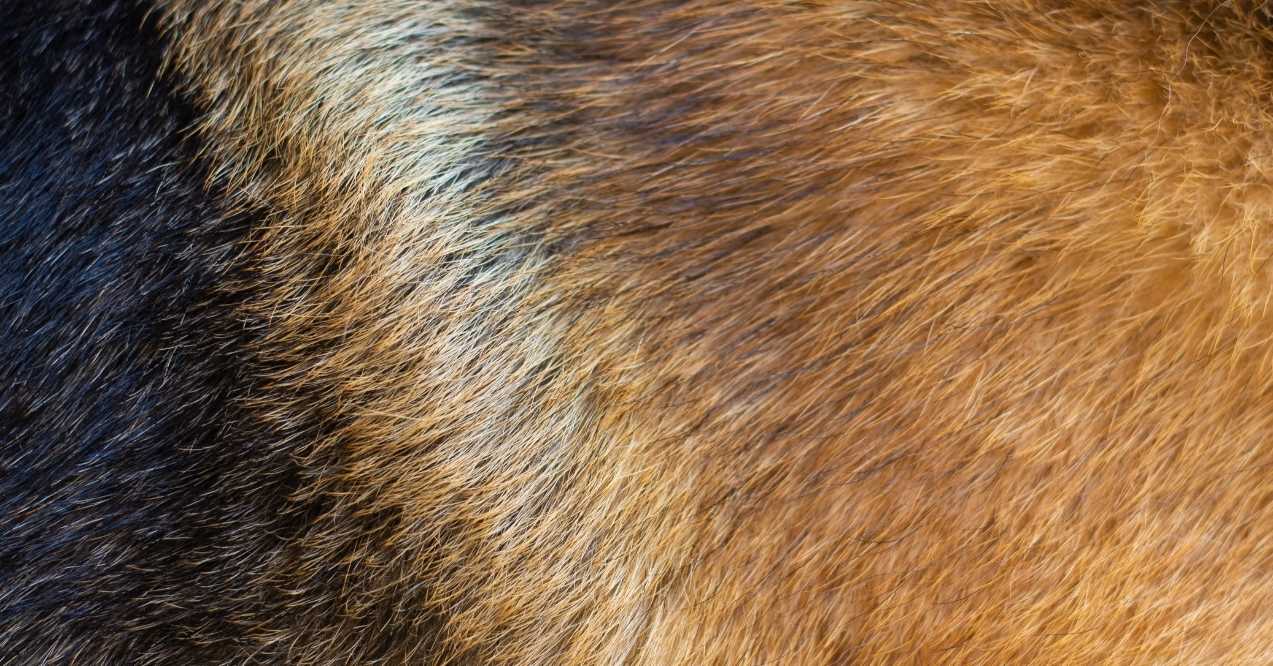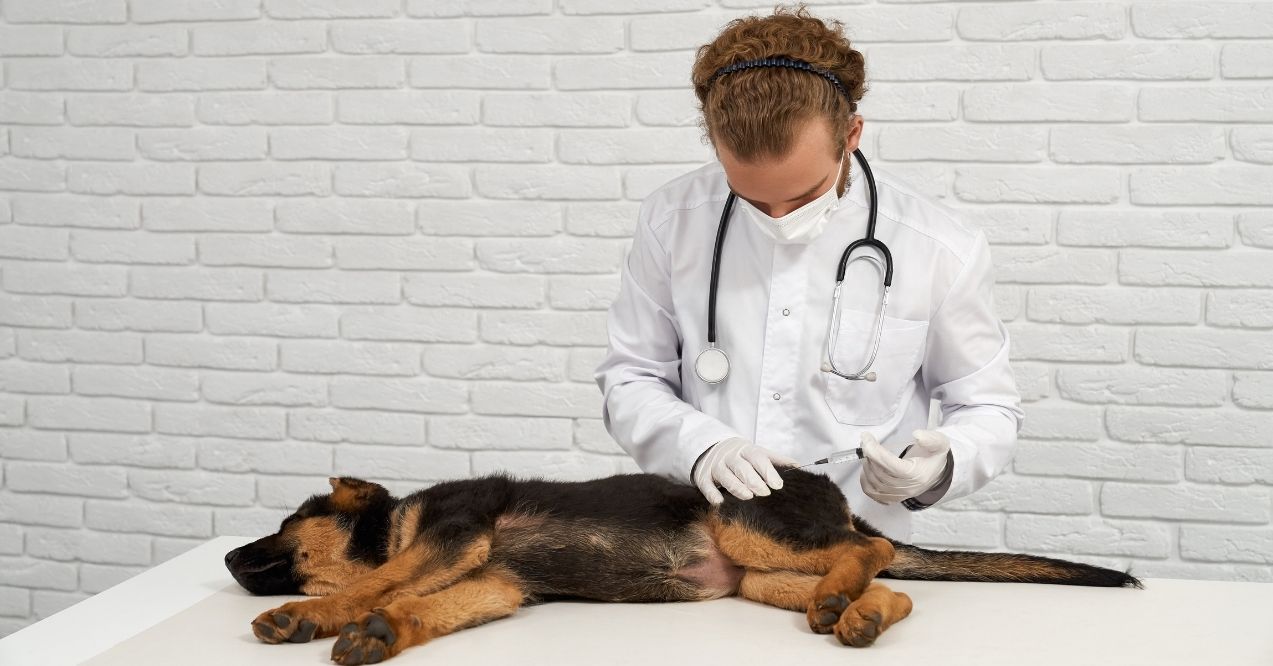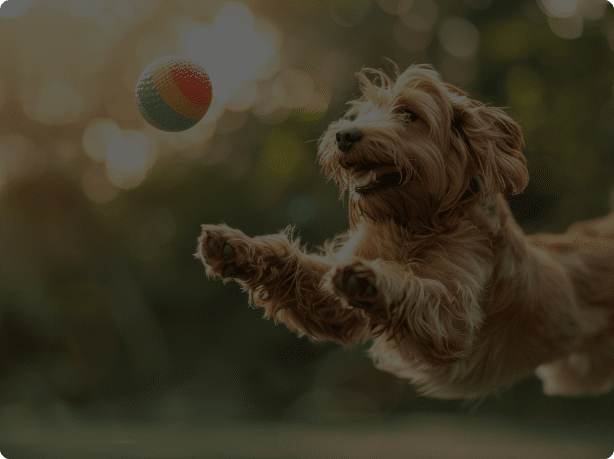10 Common Health Problems in Labrador Retrievers
Health problems in Labrador Retrievers can feel overwhelming for any pet parent. These lovable, energetic companions bring so much joy to our lives with their wagging tails and goofy grins. Taking care of their well-being helps ensure many happy years together.
Do Labradors Have Common Health Problems?
Lab health issues often stem from their build and active nature. These gentle giants pack a lot of muscle on their sturdy frames, and their enthusiasm for life sometimes outpaces their physical limits. Their size and activity level can put extra strain on their bodies over time.
Common Health Problems in Labrador Retrievers
Common health problems in Labrador Retrievers range from joint challenges to digestive sensitivities. Taking proactive steps in your Lab’s daily care routine can help them stay comfortable and active throughout their life.
1. Joint and Mobility Challenges
These playful pups love to run, jump, and play. Their active lifestyle, combined with their strong build, can lead to joint challenges over time. Active Labradors might show signs of slowing down during their favorite activities.
Supporting Joint Health
Swimming offers a fantastic low-impact workout that keeps your Lab moving while taking pressure off their joints. Adding appropriate supplements to their diet can provide extra support for their active lifestyle. Maintaining a healthy weight through proper nutrition and exercise helps reduce strain on their joints.
2. Digestive Concerns
Common Lab health issues often include digestive sensitivities. These food-loving pups sometimes eat too quickly or sample things they shouldn’t, which can lead to tummy troubles. Changes in their eating habits or stool consistency might signal digestive discomfort.
Promoting Healthy Digestion
Feed your Lab high-quality food rich in natural ingredients and healthy fats. Using slow-feeder bowls can help prevent gulping and reduce air intake during meals. Breaking their daily food allowance into smaller portions helps maintain steady digestion throughout the day.
3. Skin and Coat Health

Labrador Retriever skin problems can appear due to their thick, water-resistant double coat. Environmental factors like humidity changes or seasonal shifts might affect their skin comfort. Their love for swimming and outdoor activities can sometimes lead to skin sensitivities.
Supporting a Healthy Coat
Regular brushing sessions help remove loose fur and distribute natural oils throughout their coat. Using gentle, hypoallergenic shampoos keeps their skin comfortable during baths. Adding coat-supporting supplements to their diet can promote a shinier, healthier coat.
4. Ear Sensitivities
Labs love water activities, but their ear structure can trap moisture. This makes them prone to ear discomfort, especially after swimming or bathing. Regular ear care helps prevent issues from developing.
Daily Ear Care for Labs
Gently dry your Lab’s ears after water activities using a soft towel. Regular cleaning with appropriate solutions helps maintain ear comfort. Checking ears weekly allows you to spot any early signs of irritation.
5. Heart Concerns
Active Labradors need strong hearts to keep up with their energetic lifestyle. Supporting heart health through proper care helps maintain their natural enthusiasm for life’s adventures.
Supporting Heart Health Naturally
Regular exercise sessions keep your Lab’s heart strong without overexertion. Breaking up activity into shorter periods helps prevent overtiring. Maintaining proper nutrition supports overall heart function.
6. Weight Management Issues

Labs often follow their appetites rather than their nutritional needs. Their enthusiastic approach to food can lead to extra pounds, which might affect their overall comfort. Keeping your Lab at a healthy weight helps them stay active and playful.
Tips for Maintaining a Healthy Weight
Use portion-controlled meals to manage your Lab’s daily intake. Interactive toys make mealtimes longer and more engaging. Regular play sessions burn energy while strengthening your bond together.
7. Eye and Vision Concerns
Clear vision helps your Lab navigate their world confidently. Labrador Retriever and allergies can sometimes affect eye comfort, especially during seasonal changes. Supporting eye health helps maintain their natural spark.
Promoting Healthy Vision
Add colorful veggies like carrots to their diet as healthy treats. Keep the area around their eyes clean and dry. Watch for any changes in their confidence while navigating familiar spaces.
8. Exercise-Induced Collapse (EIC)
Some Labs experience fatigue during intense play sessions. Knowing your pup’s exercise limits helps keep playtime fun and safe. Breaking activities into shorter sessions maintains their enthusiasm while preventing overexertion.
Recognizing and Managing Exercise-Related Health Issues
Start exercise sessions gradually to warm up muscles. Include rest breaks during playtime to prevent overtiring. Choose activities that match your Lab’s fitness level and energy.
9. Sensitive Paws
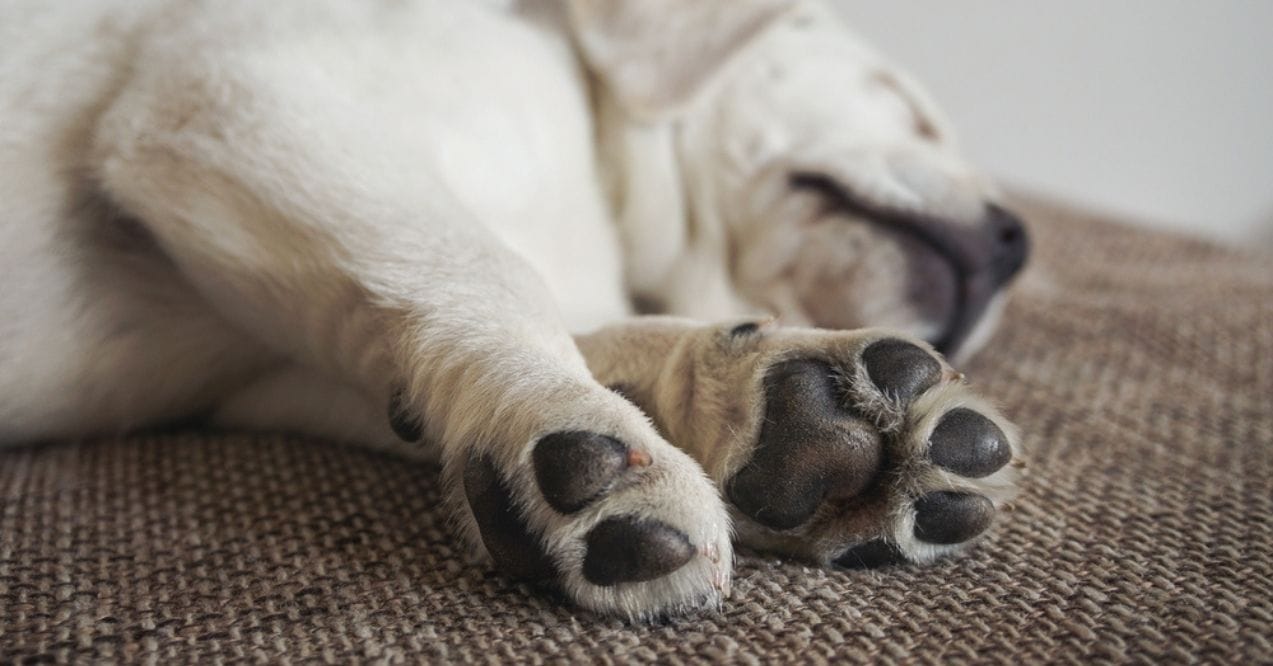
Your Lab’s paws carry them through countless adventures. Different surfaces and weather conditions can affect paw comfort. Protecting their pads helps keep them ready for their next exploration.
Protecting Your Labrador’s Paws
Apply paw balm before walks on rough surfaces. Check between toes regularly for any debris. Use booties during extreme weather conditions to maintain comfort.
10. Dental Care
Fresh breath and clean teeth contribute to your Lab’s overall wellness. Regular dental care potentially reduces Lab health problems with teeth and supports their happy smile. Making tooth care fun helps establish a positive routine.
Daily Dental Hygiene Routine
Turn brushing into a bonding activity with flavored pet toothpaste. Offer dental chews as part of their daily routine. Choose toys that help clean teeth during play.
Conclusion
Your Labrador brings boundless joy and love to your life. With proper attention to diet, exercise, and regular care routines, your Lab can stay healthy and happy through all their adventures. Small daily actions make a big difference in supporting their well-being and ensuring many playful years together.
Labs often experience joint and mobility challenges, coat and skin sensitivities, ear discomfort (especially after swimming), and weight management concerns. Their active nature and love for food can affect their comfort levels during daily activities.
Regular grooming, maintaining a healthy weight through portion control, providing appropriate exercise with rest periods, and establishing daily care routines make a big difference. Swimming offers great low-impact activity for these water-loving pups.
Quality food with balanced nutrients supports your Lab’s well-being. Portion control matters more than special diets. Feed them appropriate amounts of nutritious food and consider slow-feeder bowls to manage their enthusiastic eating style.
Advertisement. This site offers health, wellness, fitness and nutritional information and is designed for educational purposes only. You should not rely on this information as a substitute for, nor does it replace, professional medical advice, diagnosis, or treatment. If you have any concerns or questions about your health, you should always consult with a physician or other health-care professional. Do not disregard, avoid or delay obtaining medical or health related advice from your health-care professional because of something you may have read on this site. The use of any information provided on this site is solely at your own risk.







